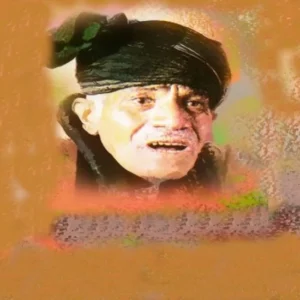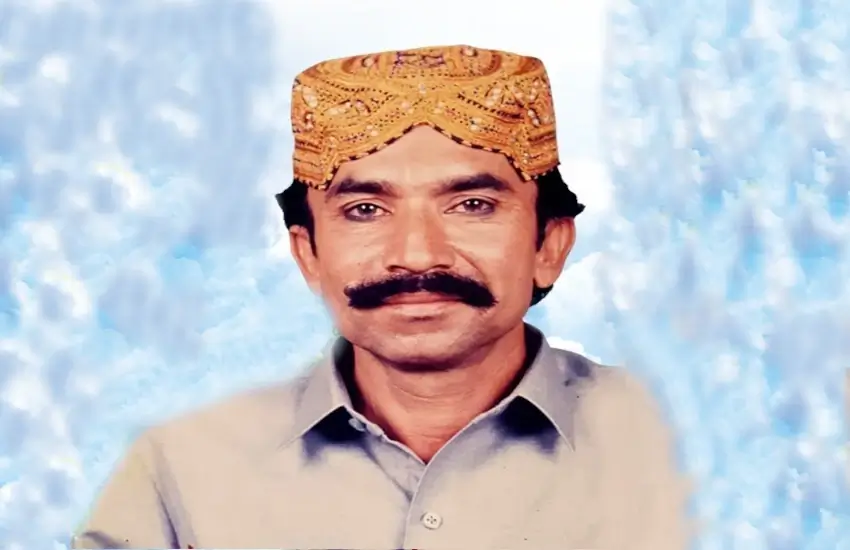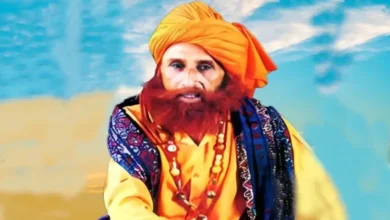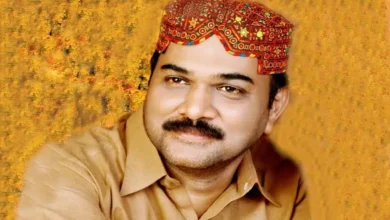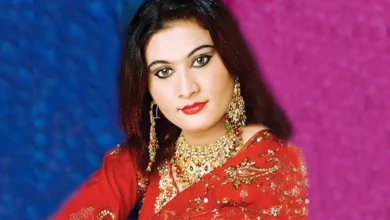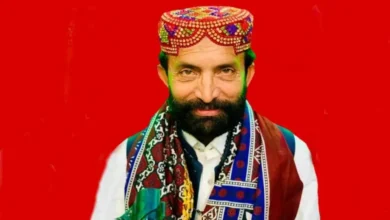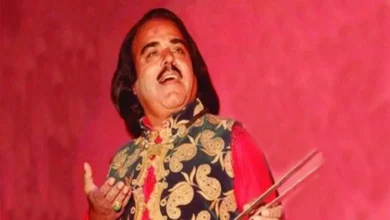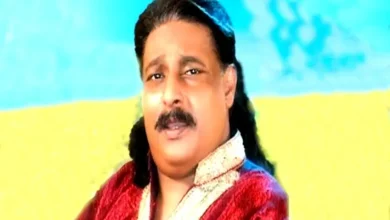Faiz Muhammad Baloch – Bio, Top 10 Best Balochi Music
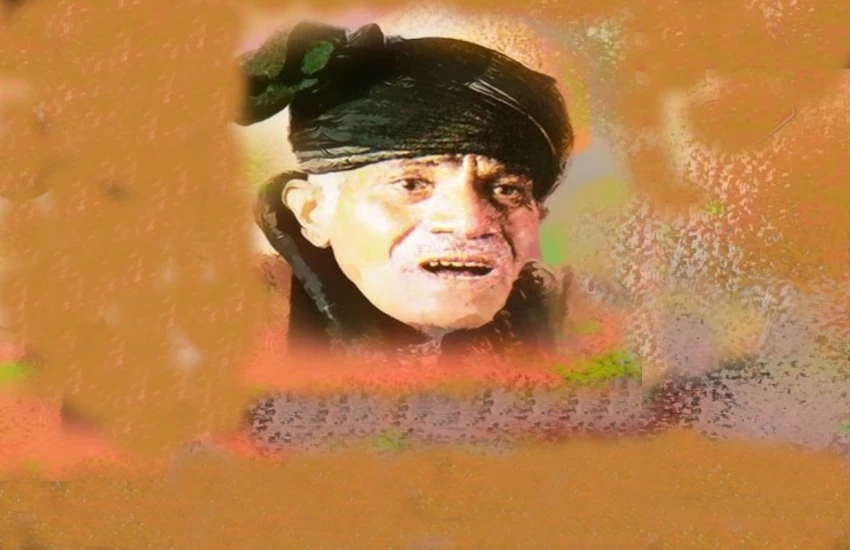
Faiz Muhammad Baloch stands as one of the most popular Balochi artists in Pakistan, leaving an indelible mark in music. Known for his contributions to Balochi, Sindhi, and Urdu music, Faiz Muhammad Baloch talks about the life he has devoted to his art and legacy.
Selected Best Balochi Folk Music Download
Biography and Early Life
Born in Qasr-e-Kand, Nikshahar, Balochistan, Iran in 1901, Faiz Muhammad Baloch, fondly known as Faizok Baloch, became a pillar of Pakistani classical folk music His years of service in Karachi made his first foray into music, but in Quetta, Balochistan It was only when his career blossomed.
He trained from Allahabad under Master Mallarami and Master Khair Mohammad who passed on the rich musical tradition of Sindhi. Faiz Muhammad Baloch’s talent and dedication turned him into a maestro, and his performances on Radio Pakistan and Pakistan Television (PTV) brought Balochi music to a wider audience.
Musical Style and Performances
Faiz Muhammad Baloch was known for his brilliance on stage. Dancing barefoot while singing, his performance was vibrant and full of life, capturing the essence of Balochi folk music. His songs were often filled with positive and uplifting themes and had a profound effect on the audience.
His popular songs include “Laila O Laila”, “Biya Tara Baran Saila”, “Muskat-e-Mehruk”, and “Ae Naaz Hanse Wala”. These songs not only highlight his vocal prowess but also his ability to convey deep emotions and cultural issues.
Cultural influence and heritage
The opening of Pakistan’s first television station in Quetta in 1974 was a milestone in his career. Even after leaving Karachi, his move to Quetta saw him immerse himself in Balochi folk music. His efforts were important in preserving and popularizing the musical tradition of Balochi.
Faiz Muhammad Baloch’s contribution was not unique. He played an important role in educating future generations of Balochi music and ensuring its continuity. His dedication to his craft earned him admiration and respect, making him a beloved figure in the Pakistani music world.
Balochi Music: A Rich Heritage
Utilizing unique instruments and techniques, Balochi music forms an integral part of the cultural mosaic of Pakistan. Instruments such as the banjo, which has evolved into a local instrument in the province of Sindh, are an integral part of Balochi music. The various tribes of Balochistan and Sind enhance this musical tradition, creating rhythms and rhythmic tapestries.
Traditional Balochi songs sung after the birth of a child, such as sepadam, emphasize the communal and festive aspects of the culture. Performed by women, these songs provide comfort and strength to new mothers and highlight the role of Balochi folk music in daily life and rituals.
A permanent legacy
Faiz Muhammad Baloch died in Quetta in 1982 at the age of 80, leaving behind a rich legacy that continues to inspire. His music is a testament to his skill and passion, and his influence is evident in the work of contemporary Balochi artists.
In celebrating Faiz Muhammad Baloch, we honor a life dedicated to music, culture, and the preservation of Balochi traditions. His story is a reminder of the power of music to transcend boundaries and connect people, touching generations of listeners.
A Symbol of Unity and Cultural Pride
The music of Faiz Muhammad Baloch transcends ethnic and linguistic barriers and acts as a unifying force for Pakistanis. Sung in many languages, its songs reflect the country’s cultural heritage. This all-inclusiveness made him a beloved figure not only among the Baloch community but also in Pakistan as a whole.
His dedication to his art and ability to convey universal themes such as love, joy, and resilience made his music timeless. As a cultural ambassador, he brought international attention to Balochi folk music, showcasing his unique style and Pakistani talent. For more music visit our website Media Music Mania.
FAQs
Who was Faiz Muhammad Baloch?
Faiz Muhammad Baloch, also known as Faizok Baloch, was a legendary Pakistani folk musician celebrated for his contributions to Balochi, Sindhi, and Urdu music. Born in 1901 in Qasr-e-Kand, Balochistan, Iran, he became a prominent figure in preserving and popularizing Balochi folk music.
What are some of Faiz Muhammad Baloch’s most famous songs?
Some of his most popular songs include:
“Laila O Laila”
“Biya Tara Baran Saila”
“Muskat-e-Mehruk”
“Ae Naaz Hanse Wala”
What made Faiz Muhammad Baloch’s performances unique?
Faiz Muhammad Baloch was known for his vibrant stage presence, often performing barefoot while singing. His energetic and emotional performances captured the essence of Balochi folk music, making him a beloved artist among audiences.
How did Faiz Muhammad Baloch contribute to Balochi music culture?
Faiz Muhammad Baloch played a significant role in preserving and promoting Balochi folk music through his performances on platforms like Radio Pakistan and Pakistan Television (PTV). He also mentored future generations, ensuring the continuity of Balochi musical traditions.
What is the significance of Balochi music in Pakistan’s cultural heritage?
Balochi music, characterized by its unique instruments like the banjo and its rhythmic diversity, is an integral part of Pakistan’s cultural identity. It reflects the rich traditions of the Balochistan and Sindh regions, with Faiz Muhammad Baloch being a key figure in its preservation and celebration.

